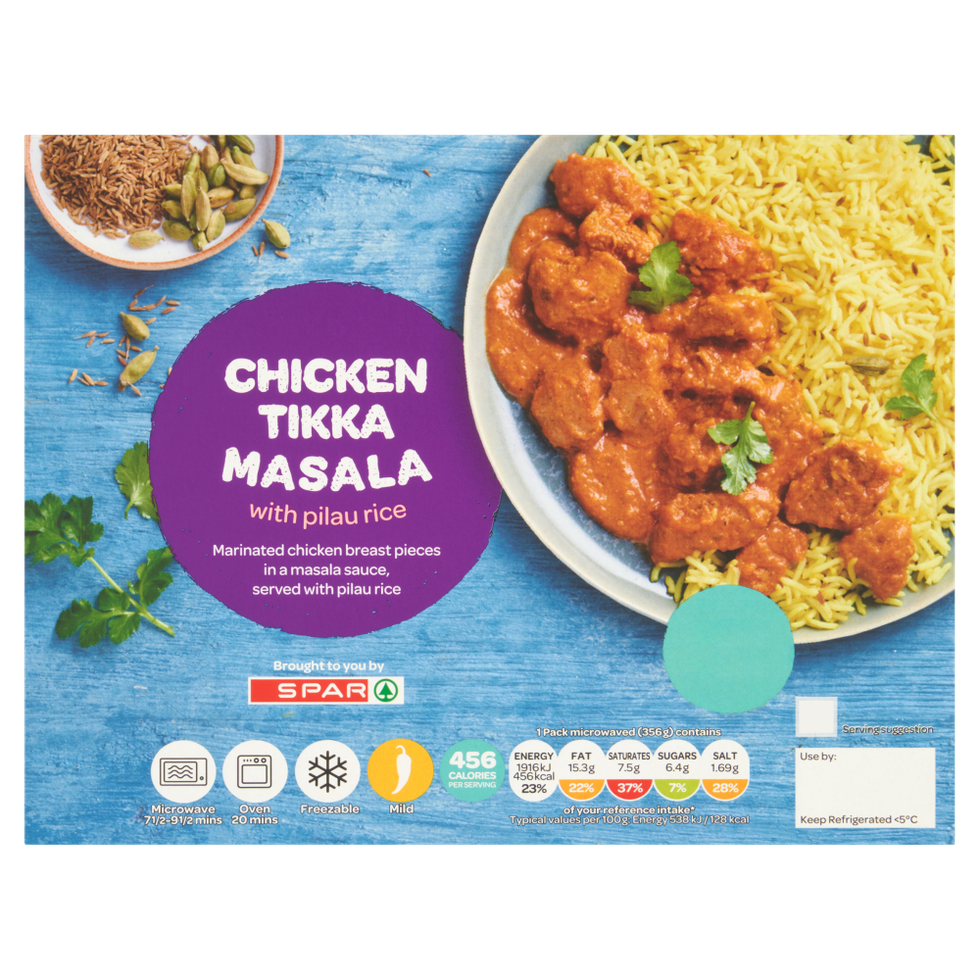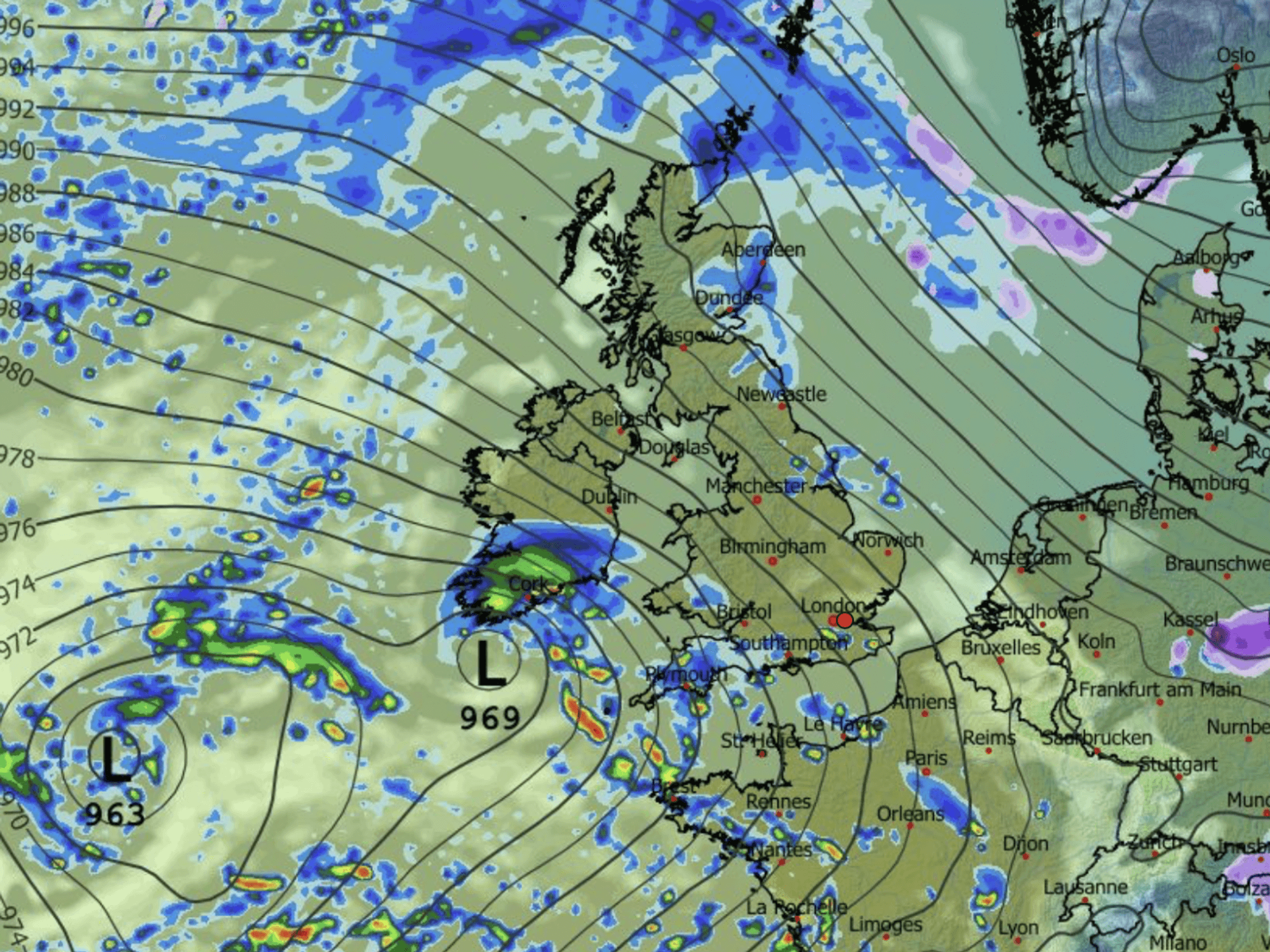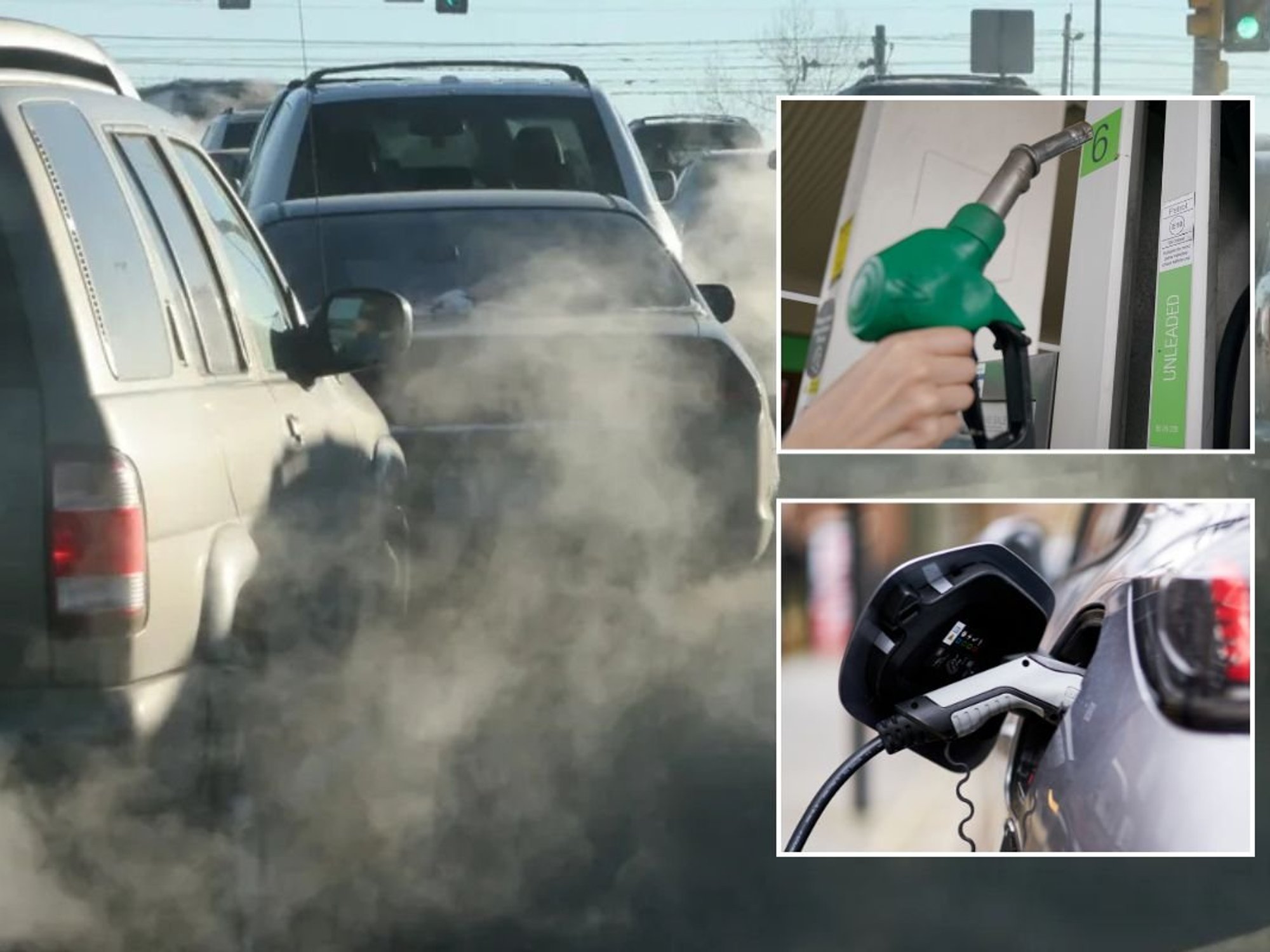Chicken dish pulled from shelves as major food recall is extended - could be 'life-threatening'

Some batches of Spar Chicken Tikka Masala with Rice may contain peanuts
Don't Miss
Most Read
Another product has been pulled from shelves as a huge food recall is extended.
Britons who have an allergy to peanuts have been told not to consume the product.
The Food Standards Agency (FSA) told Britons: "FGS Ingredients Ltd is recalling a number of products containing mustard powder because they may contain peanuts.
"This means these products are a possible health risk for anyone with an allergy to peanuts.

The product is a possible health risk for anyone with an allergy to peanuts
|Spar
"These products are sold under several different brand names at several different retail stores."
Many products have been pulled from supermarkets, convenience stores and restaurants in recent days and weeks.
The latest product added to the recall is Spar Chicken Tikka Masala with Rice.
The FSA stated: "If you have bought any of the above products and have an allergy to peanuts, do not eat them."
Spar Chicken Tikka Masala with Rice
Pack size: 400g
Use by: October 25, 2024; October 26, 2024; November 6, 2024
The FSA said: "FGS Ingredients Ltd is recalling the above products and has been advised to contact the relevant allergy support organisations, which will tell their members about the recall.
"These products are sold under several different brand names at several different retail stores. Point of sale notices will be displayed where the products were sold.
"These notices explain to customers why the products are being recalled and tell them what to do if they have bought the products."
Spar's official notice read: "As a precaution, Spar UK is recalling Chicken Tikka Masala with Rice 400g (only affected dates above) due to the possible presence of an undeclared allergen: peanut."
For up-to-date information on the recall, including the full list of products that are affected, Britons can read alerts by the FSA.
Allergy UK offered some essential information on peanut allergies. Experts said: "Signs and symptoms usually occur within minutes of contact with peanuts, but can also occur up to one hour later.
"Most allergic reactions are mild but they can also be moderate or severe. Anaphylaxis (pronounced ana-fil-laxis) is the most severe form of allergic reaction which can be life-threatening.
LATEST DEVELOPMENTS

Spar customers have been warned
| PA IMAGES"Mild to moderate symptoms include an itchy mouth, tongue and throat, swelling of lips, around the eyes or face, red raised itchy rash (often called nettle rash, hives or urticaria), vomiting, nausea, abdominal pain and diarrhoea, and a runny nose and sneezing.
"Any one or more of the following symptoms are a sign of a severe allergic reaction (anaphylaxis) and should be treated as a medical emergency. If available, adrenaline should be given without delay and an ambulance called with the call operator informed that it is anaphylaxis.
"Severe symptoms of anaphylaxis include swelling of the tongue and/or throat, difficulty in swallowing or speaking, change in voice (hoarse voice), wheeze (whistling noise) or persistent cough, difficult or noisy breathing, dizziness, collapse, loss of consciousness (due to a drop in blood pressure), and pale, floppy, sudden sleepiness in babies."
The FSA shared some information on why allergy alerts are issued. The Government department said: "Sometimes there will be a problem with a food product that means it should not be sold. Then it might be 'withdrawn' (taken off the shelves) or 'recalled' (when customers are asked to return the product).
"Sometimes foods have to be withdrawn or recalled if there is a risk to consumers because the allergy labelling is missing or incorrect or if there is any other food allergy risk. When there is a food allergy risk, the FSA will issue an Allergy Alert."
This comes as Britons were warned that a cheese product sold in UK could contain salmonella.










